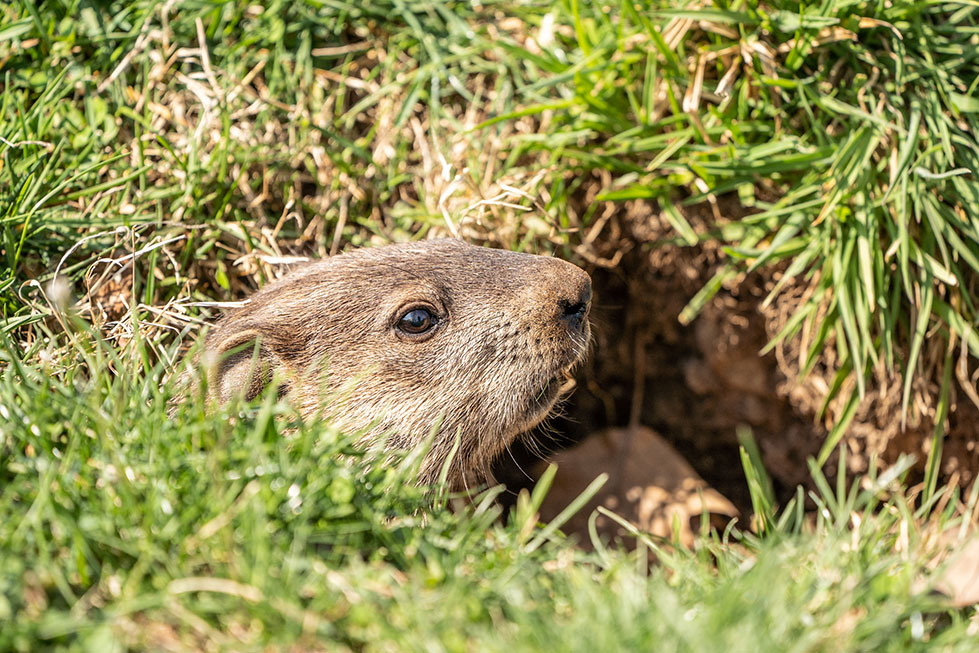From the Sentience page on You Tube of Graham Bessellieu by kind permission of Graham
Nearly everyone cares about the environment, even if most people still don’t care enough. As well as asking “do we care?” it’s also important to ask ourselves why we care about the environment. Our answers might determine its future and ours.
One way of thinking this through is to consider our scope of moral consideration – our moral “circle”. What sorts of things should we care about morally? Which types of things and beings matter? One menu we can choose from spans the “centrisms”: anthropocentrism; sentiocentrism; biocentrism and ecocentrism.
An anthropocentric worldview focuses on humans as the beings that matter. An anthropocentrist would care about the environment because us humans need it to survive and to thrive. We value the light, water, food, shelter, energy and resources the environment provides for us, our children and future generations. We also enjoy the aesthetic experiences of being in an environment we’ve evolved to find pleasant. There are supernatural versions of anthropocentrism that focus on humans mattering morally because they have souls, are made in the image of deities or because we have been given dominion over other beings and the earth. There are also naturalistic versions, such as Humanism, which calls for universal compassion for all humans by appealing to solidarity and commonality within our species. However, under scrutiny, this anthropocentric view seems too limited. First, a short-sighted version of anthropocentrism is often blamed for the damage we have done to the environment – ravaging it for our immediate needs with scant thought for the future. Second, we already go beyond anthropocentrism by granting moral consideration to some non-human animals (often our companions and charismatic wild animals) largely because we know they can suffer and flourish and because we see that as morally important. Surely not only human suffering matters.
A sentiocentric worldview addresses that challenge head on and suggests that all sentient beings should matter morally. Sentience is the capacity to have experiences – particularly to suffer (experience bad things) or to flourish (experience good things). The naturalistic (non-supernatural) version of sentiocentrism is sometimes called Sentientism, which I summarise as “evidence, reason and compassion for all sentient beings.” In this worldview, the environment matters because of its importance to all sentient beings – both those living now and those that will live in the future. Those beings include us human animals but also our companion animals, farmed animals and those that live in the wild. It might, one day, even include artificial or even alien sentient beings should we create or encounter them. Many people agree with this worldview in principle (of course animal suffering matters!), but balk at its practical implications for the farming, fishing and exploitation of sentient animals us human animals have come to see as normal.
Biocentrism goes even further and suggests we should grant moral consideration to all living things, so including animals, fungi and plants. Ecocentrism takes yet another step and demands moral consideration for living and non-living parts of the environment, often including abstract concepts like ecosystems, habitats, species and even Gaia – the idea that our entire planet is a type of self-regulating system, even an organism. While these worldviews might seem the most closely aligned with environmental concern, they too have problems. First, they risk prioritising things that we’re pretty sure can’t suffer (rivers, plants, ecosystems, populations, species) over beings we’re confident can suffer (like wild or farmed animals). Second, many of those who claim an ecocentric view still exclude many obviously sentient beings, both farmed and wild, from their moral consideration. That undermines their claimed moral expansiveness and exposes their environmental concern as a narrowly human one – a thin veneer over the anthropocentrism we discussed above. Third, if we genuinely cared about entire planetary systems in their own right, why would we care in particular about Earth and not any one of the other planets? The answer, of course, is that Earth is where all the sentient beings we are aware of live. Maybe many ecocentrists are really anthropocentrists or sentiocentrists deep down. Maybe ecosystems only really matter if they support human beings or other beings that can suffer.
We might wonder if it matters why we care about the environment – as long as we do care. After all, there is much common ground between these different perspectives. A healthy environment can be good for ecosystems, plants, humans and all other sentient beings. However, it’s important that our morality focuses very clearly on what should really matter – neither drawing our scope of moral consideration too narrowly or too wide. For me and millions of other Sentientists what matters morally is the suffering and flourishing, the life and death of every sentient being. Taking a Sentientist worldview seriously has radical implications for how we human animals live our lives, for example in transitioning to end all sentient animal farming, fishing and exploitation. Deciding to do just that would have powerful benefits for our environment, for us human sentients and for all the sentient non-human animals we share this planet with. That universal compassion for every suffering being, allied with a naturalistic, scientific approach, is what should drive our environmentalism.
Let’s care about the environment for the right reasons and act to restore it using evidence, reason and compassion.
Find out more about Sentientism here: YouTube Podcast Sentientism.info FAQ Community (all welcome!)
Jamie works to develop the Sentientism worldview, raise awareness of the idea and build global communities and movements around it. Sentientism is “evidence, reason and compassion for all sentient beings”. Jamie is a consultant, a coach and works on a range of non-profit projects related to the Sentientism worldview.
www.jamiewoodhouse.com
https://sentientism.info/, https://twitter.com/sentientism, https://www.facebook.com/groups/sentientism/


